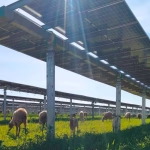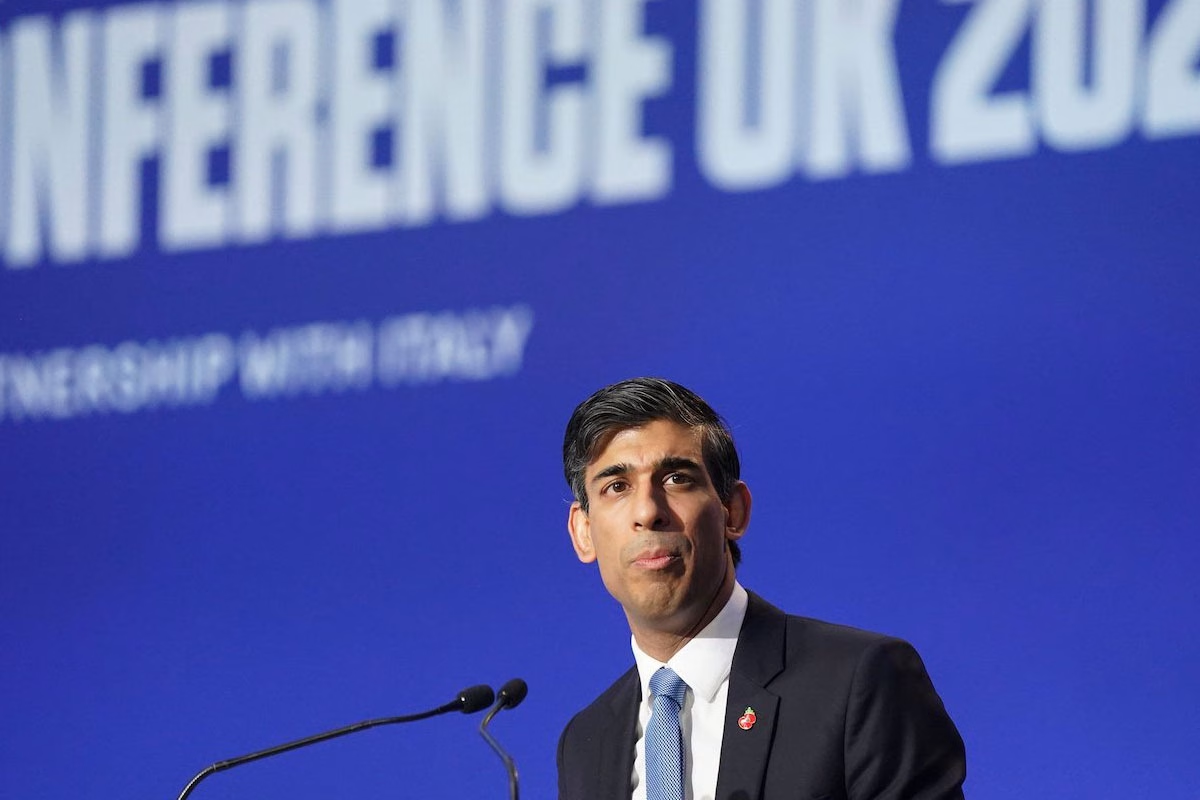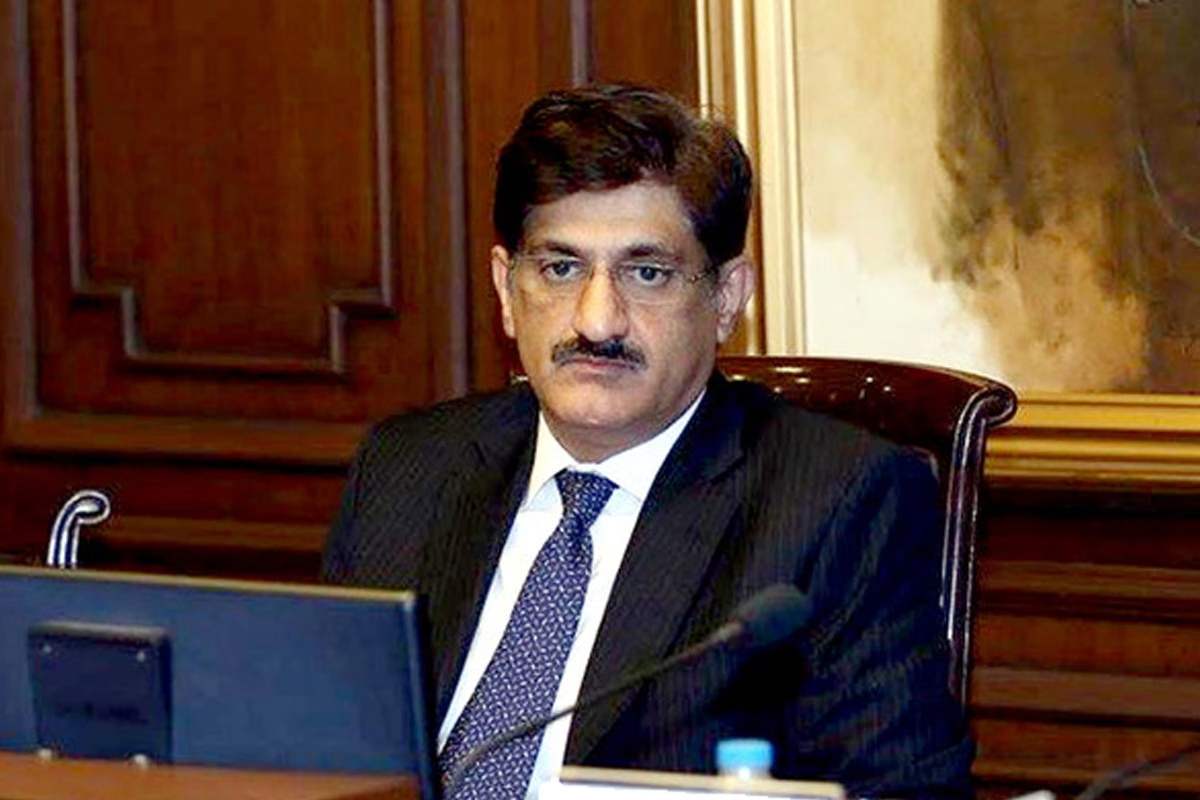

Data Centers Highlight the Limits of Renewable Energy Scaling
November 26, 2024A reduction in power demand in Pakistan has led to an unexpected surplus of regasified liquefied natural gas (RLNG), raising concerns about the stability of the country’s energy supply.
In an interview with *WealthPK*, Dr. Khalid Waleed, head of the energy unit at the Sustainable Development Policy Institute (SDPI), explained that the recent economic downturn—aggravated by global inflation and domestic fiscal challenges—had forced many industries to scale back operations. “As a result, overall power consumption has dropped, leaving energy suppliers grappling with excess capacity,” he said.
Dr. Waleed also noted that the shift towards renewable energy sources has further complicated the energy sector. “The use of conventional energy sources, like RLNG, has decreased as more investments are being directed toward solar and wind energy production,” he explained.
Although this transition has created a temporary imbalance between supply and demand, Dr. Waleed emphasized that it is crucial for the country’s long-term energy sustainability. He pointed out that the RLNG oversupply not only strains existing infrastructure but also raises doubts about the future viability of investments in RLNG terminals and related facilities.
Dr. Waleed also warned of the financial implications of the RLNG surplus. “When supply exceeds demand, energy prices could rise, which may reduce profitability across the sector and lead to lower revenues for energy producers,” he said.
Furthermore, the government, which has heavily invested in RLNG infrastructure, may face increasing pressure to justify these expenditures amid declining consumption. He noted that if power companies cut back operations and investments, it could undermine the long-term prospects of the country’s energy infrastructure.
Speaking to *WealthPK*, Afia Malik, an energy expert from the Pakistan Institute of Development Economics (PIDE), highlighted another pressing concern linked to the RLNG surplus: its potential impact on energy supply stability. “An oversupplied market can create inefficiencies that might result in inadequate supply when demand eventually picks up,” she said.
In a sector where reliability is critical, Malik noted that such inconsistencies could be harmful. She further cautioned that reducing output during times of surplus could leave gaps if consumption spikes unexpectedly, particularly during peak seasons.
She stressed the need for the country’s energy policy to adapt to this shifting landscape. “Policymakers must find a balance between managing surplus RLNG and preparing for future demand fluctuations,” she said. Malik recommended that steps be taken to reassess energy procurement strategies and explore options for storage, distribution, and potential export markets. As regional energy dynamics evolve, she also suggested that Pakistan consider forming strategic partnerships to better utilize its existing resources. Given Pakistan’s heavy reliance on RLNG imports to meet domestic energy needs, Malik warned that the country could be vulnerable to market fluctuations or geopolitical tensions, potentially threatening its energy independence. “To avoid such disruptions, the government should actively pursue energy diversification,” she concluded




